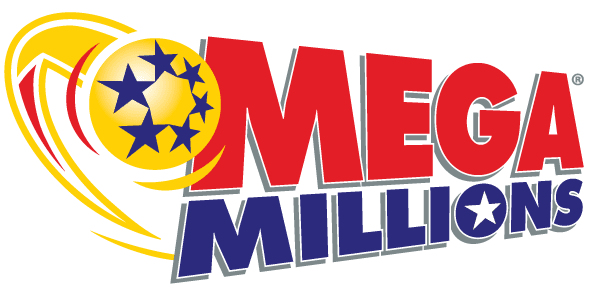
$285,000,000 Estimated Advertised Annuity Jackpot Cash Value: $128,600,000

$285,000,000 Estimated Advertised Annuity Jackpot Cash Value: $128,600,000

$30,000,000 Estimated Advertised Annuity Jackpot Cash Value: $13,600,000

$575,000 Cash Prize
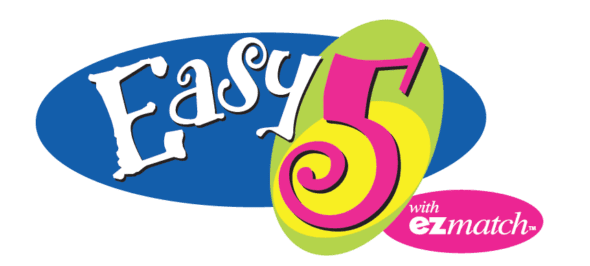
$100,000 Cash Prize
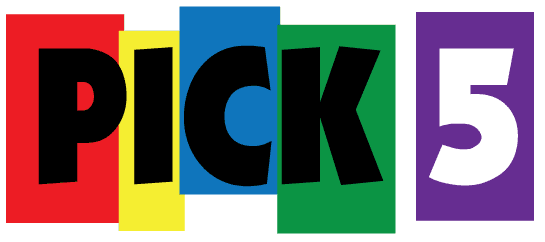
Up To $50,000 Cash Prize

Up To $5,000 Cash Prize

Up To $500 Cash Prize


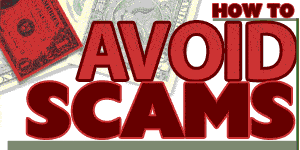
"Email is cheap, instant and virtually anonymous – a perfect combination for unscrupulous scam artists to promulgate their scheme," said Louisiana Lottery Vice President of Security Charles Armstrong.
Most recently, the Louisiana Lottery has received questions from players concerning e-mails using the Powerball name. The e-mail purports to be from a special Powerball "foundation" located in the United Kingdom and set up for the purpose of using the Internet to give out prizes by computer ballot as a way of "seeking to encourage the use of the Internet for academic and business pursuits."
To sound "official," these types of e-mail-based solicitations contain special coupon or reference numbers. The notifications indicate that the recipient's e-mail address was selected at random from a list.
"Because players have 'caught on' to the fact that you need a ticket in order to win a prize, the e-mail may even ask for a ticket number as part of claiming the bogus prize and suggests that the win is based on your purchase of a ticket," said Armstrong. "Since the Powerball game is so widely played, the chances of the recipient having played Powerball recently are great."
Similar scams using other well-known or official-sounding names, such as BMW, Coca-Cola or the "European Lottery," have surfaced across the county, including a mail-based scam that includes a bogus check to supposedly cover the costs of claiming the prize. In these types of scams, the recipient is instructed to wire money to cover the insurance, taxes or other related prize payment costs, which the recipient figures should be more than covered by the check they received. But that isn't how it works.
"The check bounces and the scammer makes off with your 'real' money," explained Armstrong.
Tip-Off to the Rip-Off
So how can you tell if a prize notification is a scam? Here are basic red flags:
1. The notification asks you to keep your "winnings" a secret. This ploy is to keep you from sharing the information with family members who may help you realize that it's a scam.
2. You haven't purchased a ticket for the particular game or entered the particular drawing in which the prize was won. Every legitimate lottery business model requires the payment of prizes from funds collected through the sale of tickets. Even the IRS only issues refunds based on taxes already paid! Ask yourself, where did the funds come from in order to pay this prize? Did I physically enter this drawing? Remember, there is no such thing as free money.
3. You are asked to make up-front payments of processing fees, taxes or insurance in order to collect the winnings. This is the foundation upon which all scams are based. No legitimate lottery will ever require up-front payment of any kind from winners to claim a prize. Any withholdings, such as taxes, owed by the winner are deducted from the prize funds.
4. You are guaranteed that you will win a prize if you pay to join a pool. Legitimate lotteries do not require that players join a pool in order to play. Also, legitimate lotteries cannot guarantee that your ticket will win a prize. Even if there was a way to "fix the system" in order to win, this would be illegal and you would be participating in a serious crime!
5. You are asked to communicate by phone, mail or e-mail with an oversees entity in order to claim the prize. Gambling across state lines through the Internet, phone or mail is illegal for a reason — to protect U.S. consumers. Scam artists that set up shop oversees are more difficult to prosecute. Also, online gambling companies are not regulated and often sell their customer lists to others, including scammers.
"The bottom line is that if it seems to good too be true, it most likely is," said Armstrong. "With identity theft on the rise, players should never give credit cards, social security numbers, bank account numbers or other personal information to anyone promising a lottery prize.
Lottery Winner Notification Procedures
The vast majority of legitimate jurisdictional lotteries, including the Louisiana Lottery, do not know the names of prize winners until they claim their winning ticket. For this reason, the Lottery will NEVER contact game prize winners directly. Prize winners know that they've won from their ticket –NOT through an e-mail, letter or phone call.
The one exception is second-chance drawings, in which the player has written their contact information on the back of a nonwinning ticket and mailed it to an address printed on the ticket to be part of the drawing on an announced date. In these instances, winners may be contacted by phone and registered mail by the Lottery, but will NEVER be required to pay anything in advance to collect their prize.
"Our Lottery claim form does request a social security number which is needed for prizes greater than $600 to be reported for tax purposes," explained Armstrong. "But most people either present the form in person or mail it to the Lottery's address which can easily be confirmed over the Internet or phone book."
As the prevalence of e-mail communication continues to grow, so will the number and frequency of e-mail scams, including those promising lottery winnings. And its a profitable venture. In the Lotterys survey on illegal Lottery scams, seven respondents admitted to having been victimized, with one losing $2,800 in hopes of collecting $150,000 and another out $3,000. Nationwide, the Federal Trade Commission estimates consumers are losing about $120 million on these types of scams each year.
The best advice is to hit the delete button or report them to the Attorney General's office which has set up a special division to pursue these criminals. (Listed below are a few sites that post scam information.)
The Lottery also produces a brochure entitled "How to Avoid Lottery Scams," which describes tactics used by scam artists operating illegal lotteries. Copies are available in Lottery play centers at retailers statewide or by downloading below.
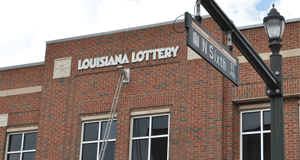
BATON ROUGE – The Louisiana Lottery Corporation announced that there will be no Pick 3, Pick 4 or Pick 5 drawings conducted on April 20, Easter...
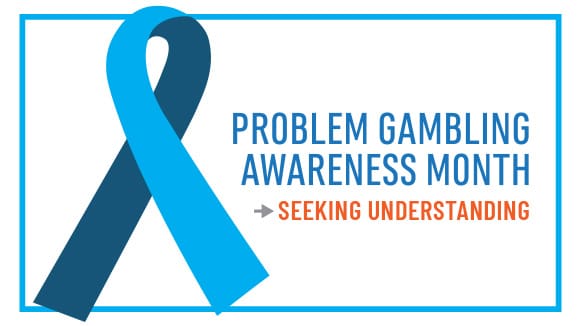
BATON ROUGE – The Louisiana Lottery Corporation observes National Problem Gambling Awareness Month (PGAM) this March, joining the Louisiana...
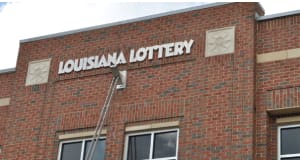
The Louisiana Lottery discovered some Lotto and Easy 5 tickets inadvertently included a draw date of Wednesday, December 25. Per Lottery policy, no...
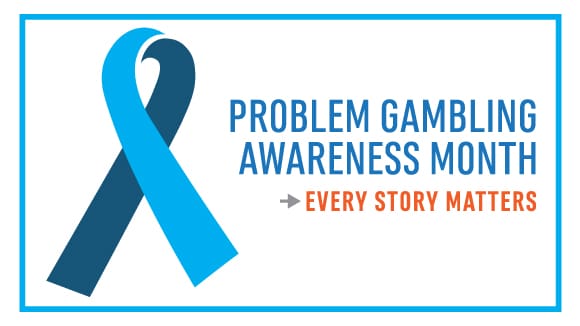
BATON ROUGE – The Louisiana Lottery Corporation joins the Louisiana Department of Health’s Office of Behavioral Health (OBH), the...
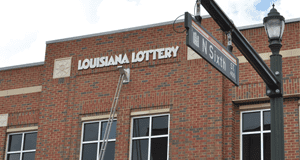
The Louisiana Lottery Corporation announced that there will be no Pick 3, Pick 4 or Pick 5 drawings conducted on April 9, Easter Sunday, in...
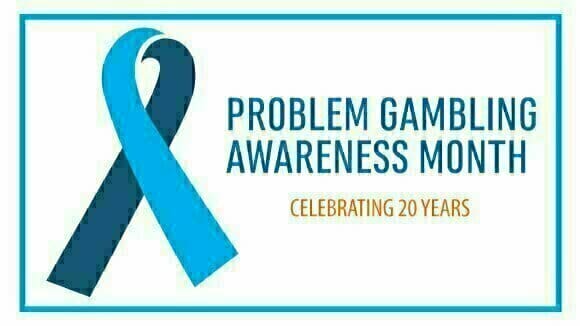
BATON ROUGE – This March the Louisiana Lottery Corporation joins the Louisiana Department of Health’s Office of Behavioral Health (OBH),...